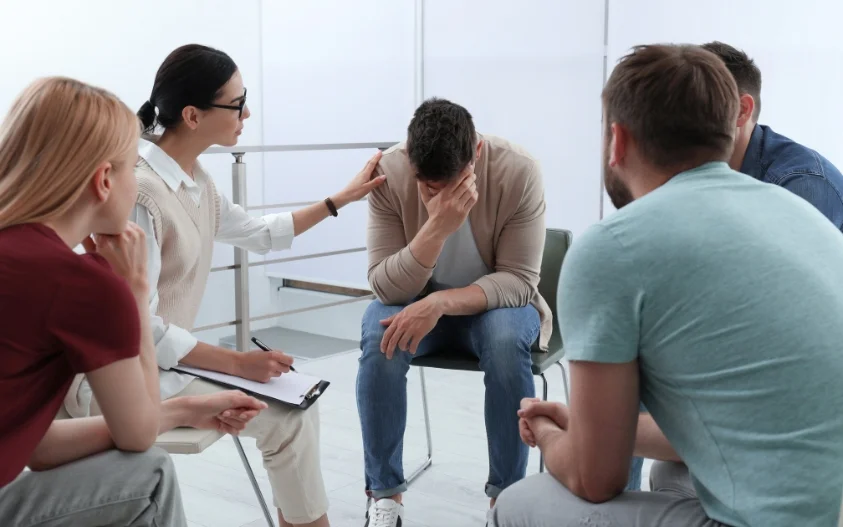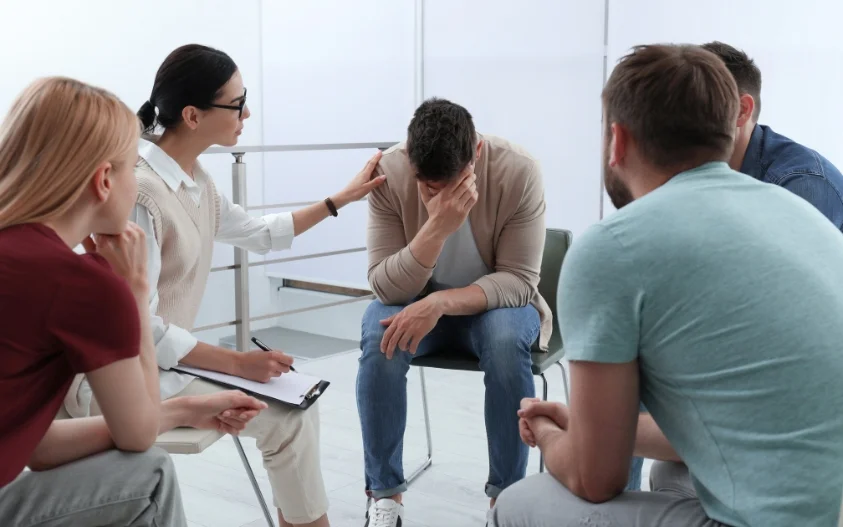24/7 Helpline:
(866) 899-221924/7 Helpline:
(866) 899-2219
Learn more about Aftercare Support centers in Person County

Other Insurance Options

Ceridian

CareFirst

BHS | Behavioral Health Systems

GEHA

MVP Healthcare

Horizon Healthcare Service

WellCare Health Plans

Private insurance

Holman Group

Highmark

Coventry Health Care

Health Partners

UnitedHealth Group

American Behavioral

Cigna

Excellus

CareSource

PHCS Network

Group Health Incorporated

Lucent

Freedom House Recovery Center
Freedom House Recovery Center - South Madison Boulevard offers outpatient treatment for individuals ...








































Life Changes
Life Changes offers a variety of programs including EAP Services, DWI Assessments & Treatment, and S...




















